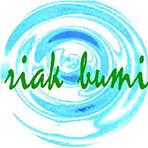
Riak Bumi is an Indonesian community-based natural resource management (CBNRM) NGO based in West Kalimantan. It was founded on 9 September 2000 with a commitment to countering trends that further marginalize rural and indigenous communities and disrupt the balance of healthy ecosystems. We believe that the only way to achieve both conservation and community welfare is through the empowerment of local people.
Riak Bumi Indonesia Foundation is registered under the Ministry of Law and Human Rights of the Republic of Indonesia (No. AHU-0021523.AH.01.04.2015) and Notarial Deed for Riak Bumi Indonesia Foundation on 24th May 2021 (Notaris Suriyanto – Pontianak). In the technical cooperation was legalised between Riak Bumi Indonesia Foundation and Ministry of Environment and Forestry with a MoU
We work in the communities living within and around the Danau Sentarum National Park, which is an important wetlands conservation area. The founders of this organization are natives of the Danau Sentarum area and have been involved in conservation and community development work since 1995. We are a non-partisan, non-sectarian group, and welcome the participation of all people regardless of their ethnicity, race, gender or religion.
To create a balance between the welfare of local communities and their environment by:


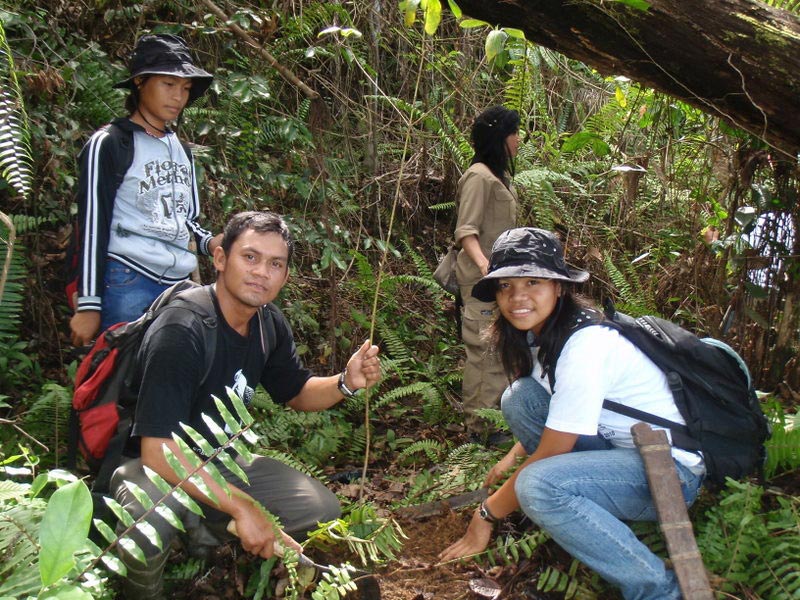
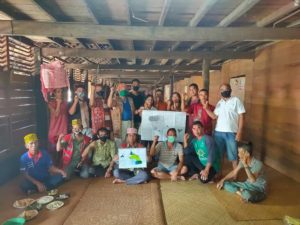
Community training to increase capacity in NTFP development related to production and quality as an economically- and environmentally- such as training on sustainable honey harvesting and hygienic post-harvest processes, training on tengkawang oil production, training on forest fruit processing, and strengthening community group organizations.
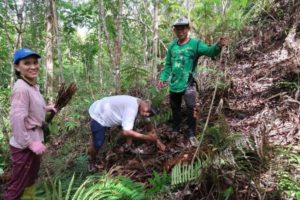
Participatory reforestation in forest-fire sites with local species utilized by wild honey bees and plant enrichment as fodder for wildlife, and agroforestry lands such as planting tengkawang and other forest fruits, intercropping agricultural crops such as rubber, coffee, palm trees, and others.
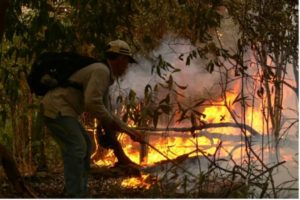
Forest fire prevention through raising awareness about the dangers of fire through prevention efforts, fire fighting training, providing fire fighting equipment, forming and strengthening community groups concerned with fire, and strengthening customary rules with active participation from the community.
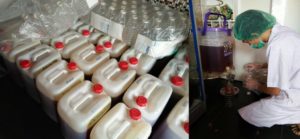
Development and market access of potential green products to increase people's income, such as forest honey, handicraft (baskets and mats woven from natural fibers and traditional woven cloth), illipe butter products, forest fruit products, freshwater fish products, and community-based tourism - socially and environmentally responsible.

Education and public outreach to disseminate information, knowledge, and experience more broadly through hybrid meetings, and printing and digital media, such as bulletins, leaflets, manuals, social media platforms, websites, and workshops to raise awareness of the importance of orangutans and wildlife, the dangers of fire, waste management, etc.

Strengthening of customary law or local rules in the management of conservation areas (work with government agencies and local communities): documentation of customary laws and local rules in sustainable natural resource management, redefining borders and regulations that are compatible with community welfare and environmental conservation

Actively participate in the planning and implementation of the management of Danau Sentarum National Park in a collaborative manner with stakeholders and especially by involving local communities, for example through facilitation of planning and monitoring from the Danau Sentarum Water Catchment Area Forum, the Labian Leboyan Watershed Community Forum.
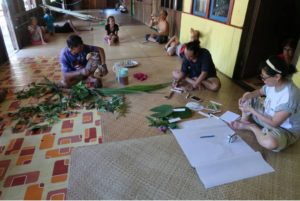
Studies and follow-up action on the social economic and environmental impacts of activities around DSNP on wetlands and watershed conservation: land conversion (large-scale monoculture plantation, mining, logging) legal and illegal, forest fires, environmental pollution, NTFP potential, orangutan population and distribution

Encouraging Social Forestry schemes: Facilitating the process of applying for customary forests for communities around the Danau Sentarum National Park area, so that communities can manage customary areas and utilize natural resources legally with their traditional knowledge.

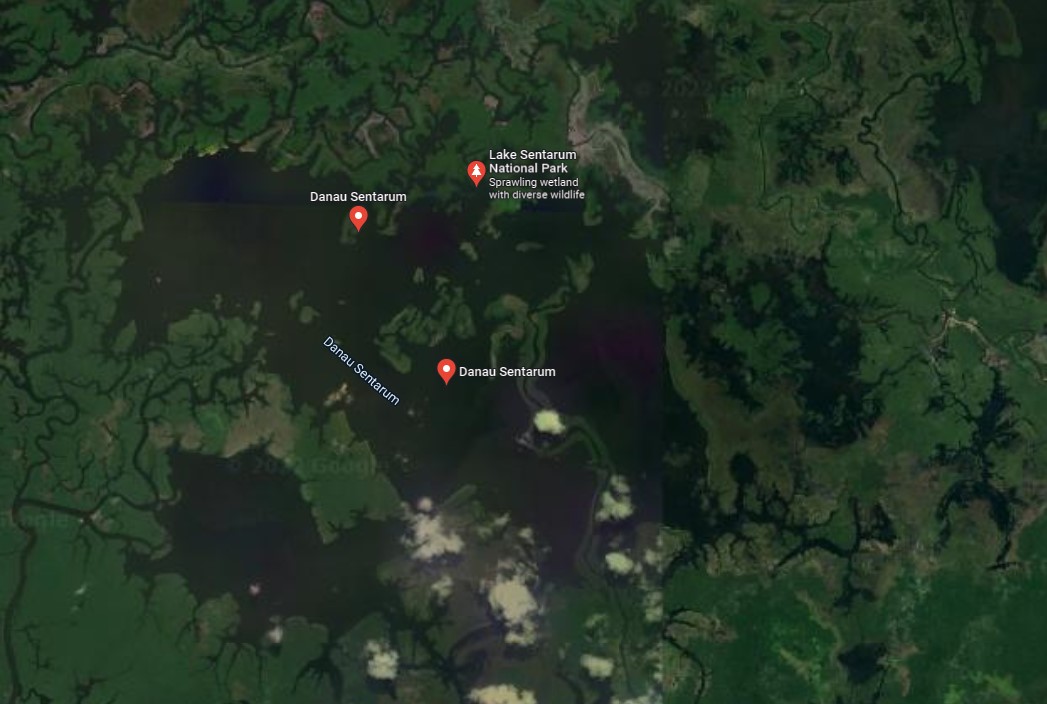
Riak Bumi is active in the rural communities within and around the Danau Sentarum National Park in the Kapuas Hulu district of West Kalimantan, Indonesia. Even though thousands of people who live in the area still rely heavily on its natural resources, the 127,393 hectare area was designated as a wildlife reserve in 1992.
And then as a national park in 1999 because of its significance as a unique wetlands ecosystem and as a water reservoir for the Kapuas River, the longest river in Indonesia which traverses the length of the province. The area has also been designated as a wetland of international importance in 1994 under the Ramsar Convention.
In addition to the Danau Sentarum area, Riak Bumi also works in the Kubu Raya district, West Kalimantan in peatland management with the participation of local communities.
However, with experience in developing NTFPs such as forest honey in Danau Sentarum, Riak Bumi has been the initiator of the formation of the Indonesian Forest Honey Network in 2005 and as the secretariat of the network whose membership is spread across major islands in Indonesia.
Riak Bumi was also the initiator of the establishment of the Kalimantan Tengkawang*) Network in 2016 and as the secretariat and coordinator of the network whose membership covers all districts in West Kalimantan, some in other Kalimantan provinces and even Sarawak-Malaysia which is still the island of Borneo.
*) Illipe nuts











